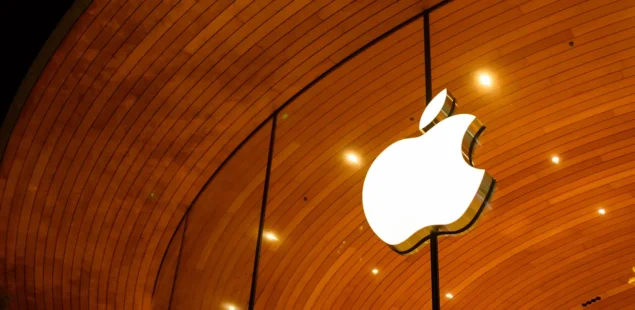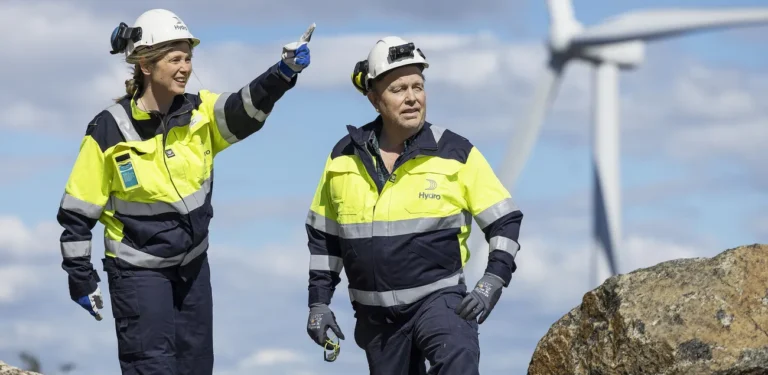
BHP, the diversified mining group, and Lifezone Metals, a Tanzania-focused refinery and technology developer, have agreed that Lifezone will acquire BHP’s entire 17 percent interest in the Kabanga nickel project for deferred consideration of up to $83 million. The transaction, announced on Friday, will lift Lifezone’s holding to 84 percent, with the Tanzanian government retaining 16 percent. It unwinds BHP’s 2022 entry into Kabanga, when the miner paid $40 million at a time when nickel briefly touched $48,000 per tonne.
Stake Sale Details and Valuation
The deal structure spreads payments over several milestones tied to project advancement. Although the headline value more than doubles BHP’s original outlay, it reflects a markedly weaker market: London Metal Exchange nickel has slid to roughly $15,000 per tonne, down 68 percent from the 2022 peak. Kabanga’s resource—estimated at 44 million tonnes grading 2.6 percent nickel, 0.3 percent cobalt and 0.35 percent copper—remains one of the world’s highest-grade undeveloped sulphide deposits, giving Lifezone a stronger platform as majority owner.
Nickel Market Downturn Shapes Strategy
Nickel’s price collapse has been driven by a wave of Indonesian laterite supply and slower-than-forecast EV battery growth. BHP responded by mothballing its Australian Nickel West and West Musgrave operations in late-2024 and signalling it could extend that suspension into 2027. Exiting Kabanga removes further capital outlay in a segment where its competitive edge has narrowed. For Lifezone, however, the bear market offers cheaper development costs and a chance to secure offtake partners attracted to Class-1, low-carbon sulphide feed.
Implications for Lifezone and Tanzania
Lifezone says it will press ahead with detailed engineering on a planned c.65,000-tonne-per-year nickel output facility and an associated hydrometallurgical refinery designed to process Kabanga concentrate domestically. The company is targeting first production in 2028, contingent on financing and permitting. Tanzanian authorities support the project as a flagship for in-country beneficiation, a policy that has already banned raw-ore exports and will extend to intermediate concentrates from 2027.
BHP Refocuses on Copper
BHP’s withdrawal does not signal a broader African retreat. In March 2025 the group committed $25 million to earn into Cobre’s Kitlanya copper acreage in Botswana, underlining its strategy of tilting toward copper and potash—metals it believes will enjoy stronger long-term fundamentals than nickel.
Company Background and Market Context
BHP
Headquartered in Melbourne, BHP is the world’s largest diversified miner, producing 263 million tonnes of iron ore and a record 2.02 million tonnes of copper in the year to June 2025. It suspended its Australian nickel business in October 2024 after prices fell below its cash-cost curve.
Lifezone Metals
Listed on the NYSE via a 2023 SPAC merger, Lifezone combines sulphide assets with a proprietary hydromet technology that eliminates acid roasting. Beyond Kabanga it is assessing opportunities to license its refinery process to other miners.
Nickel is critical to high-energy-density EV batteries and stainless-steel alloys. A two-year surge in Indonesian nickel-pig-iron and mixed hydroxide precipitate output created an oversupply estimated at 300,000 tonnes in 2024, driving prices from $48,000 to near $15,000 per tonne. Analysts expect demand to regain pace by late-decade as EV incentives broaden, but new sulphide projects like Kabanga must compete with cheaper laterite feed unless they can command a premium for lower carbon intensity.



